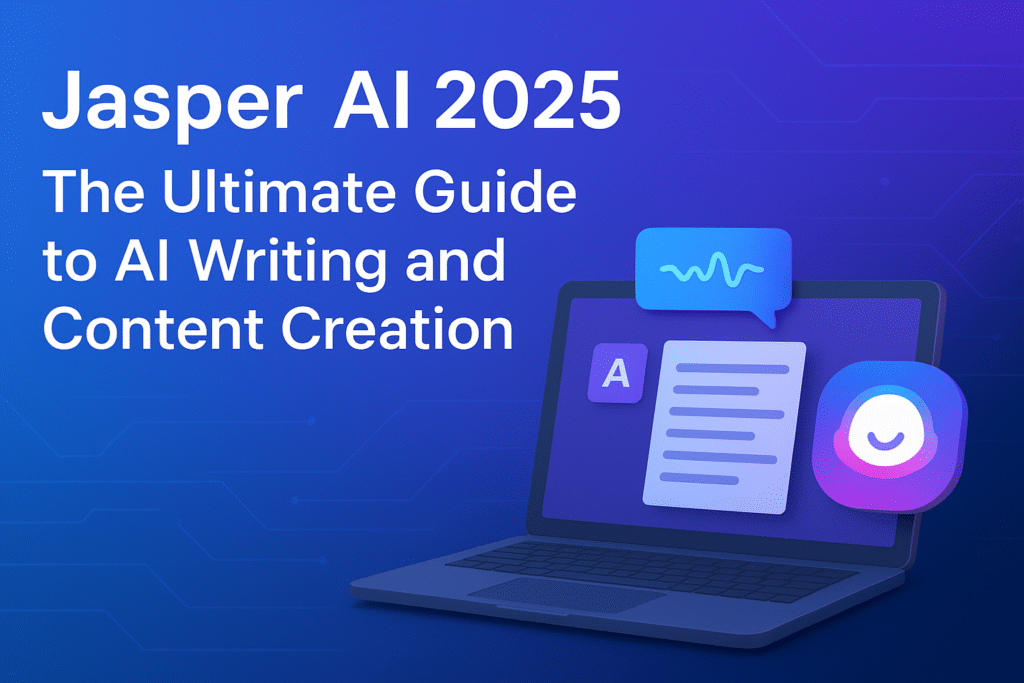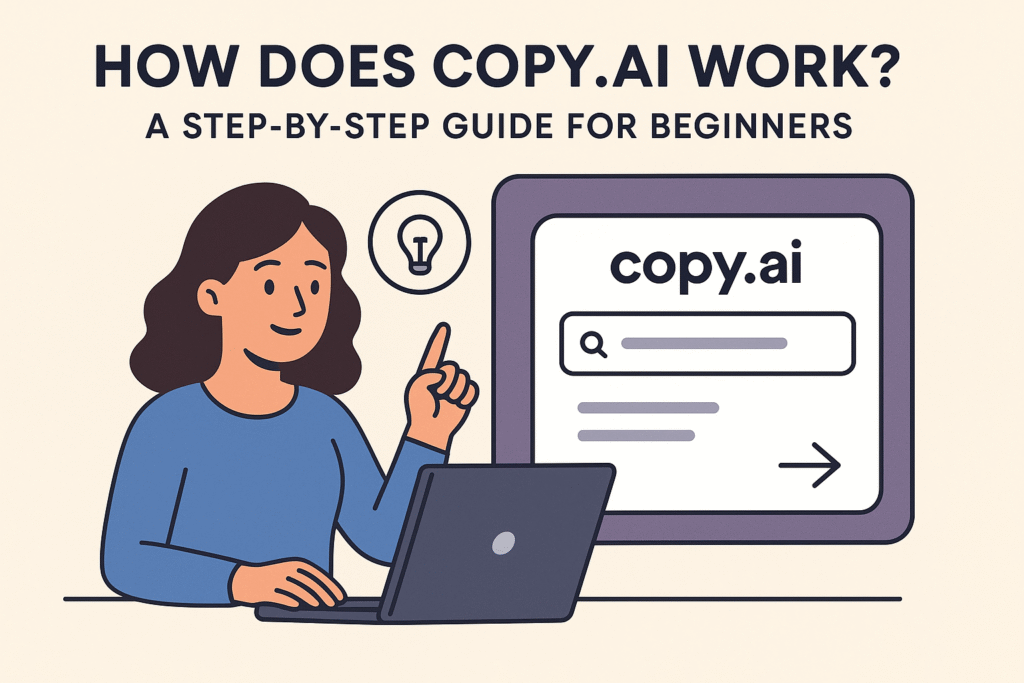In today’s fast-paced world, businesses are constantly searching for ways to work smarter, not just harder. The answer for many is found in the growing world of artificial intelligence. Integrating the right AI tools for business productivity is no longer a futuristic idea but a practical step to gain a competitive edge. These smart technologies are transforming how companies operate by automating routine tasks, providing deep insights from data, and personalizing customer interactions like never before. This shift is about fundamentally changing workflows to unlock amazing new levels of efficiency and creativity.
How Top AI Tools for Business Productivity Reshape Workflows
AI-powered tools are now available for nearly every part of a business. They handle repetitive jobs, which frees up your team to focus on bigger, more strategic goals. By adopting these solutions, companies see major improvements across various departments. These tools help streamline operations and make daily tasks much simpler for everyone involved. Let’s explore some key areas where AI is making a huge impact.
Project Management Reimagined
AI is changing the game for project management. It automates task assignments, helps predict deadlines, and finds the best ways to organize workflows. For instance, tools like Asana and ClickUp use AI to help with goal setting and project planning. They can even write task summaries and status updates for you. Additionally, Motion uses AI to manage time and schedules automatically, giving managers a clear view of team workloads. For teams that prefer visual planning, Trello now uses AI to help create content right on its popular boards. Ultimately, these smart platforms help projects run more smoothly.
A New Era for Customer Relationships
Customer Relationship Management (CRM) has been transformed by AI. Modern AI CRM systems automate tasks and personalize customer conversations. For example, they can summarize long support calls into key points, sort customer questions for faster answers, and translate messages from different languages in real time. Platforms like Salesforce AI and HubSpot’s Breeze offer deep insights into customer behavior and sales trends without manual work. By analyzing customer data, these powerful AI tools for business productivity can spot patterns and preferences. This allows businesses to create marketing messages and product suggestions that truly connect with each person.
Revolutionizing Sales and Marketing
In sales and marketing, AI tools empower teams to connect with customers more effectively. Leading platforms like Outreach and Salesloft use AI to analyze which communication strategies work best. This helps sales teams write better emails and plan more effective call schedules. When it comes to creating content, Jasper is a popular AI tool that can generate large amounts of marketing copy, blog posts, and social media updates. Furthermore, email marketing tools like Reply.io use AI to score responses, helping teams quickly identify the most promising leads from their campaigns.
Enhancing Team Communication
AI is also improving how teams communicate and work together. Inside platforms like Slack, AI features can provide smart summaries of long conversations, ensuring no one misses important information. Similarly, tools like Otter.ai can transcribe meetings as they happen, create summaries, and pull out action items. This makes meeting details easy to find and share. A recent study found that 69% of hybrid workers say AI makes collaborating with remote colleagues easier. This highlights the growing importance of using AI tools for business productivity in modern workplaces.
The Tangible Benefits of AI Tools for Business Productivity
Adopting AI in the workplace brings clear and measurable advantages to companies of all sizes. These benefits are not just about technology; they translate into real-world gains in efficiency, decision-making, and customer happiness. The positive impact is felt across the entire organization, from individual employees to the bottom line.
Increased Efficiency and Productivity
One of the biggest benefits of AI is its ability to automate simple, repetitive tasks. This automation frees up employees to focus on more creative and strategic work. It also reduces human error, leading to more accurate and consistent results. A recent study showed that 78% of workers feel AI saves them time, with an average of 55 minutes gained each day. This is a significant boost that allows teams to accomplish more without feeling overworked.
Improved Decision-Making and Insights
AI can analyze huge amounts of data very quickly, providing businesses with valuable insights to make better decisions. AI-powered analytics can identify market trends, predict what customers will do next, and uncover new opportunities. This data-driven approach helps leaders create smarter strategies and lower risks. When you have better information, you can make choices with more confidence. Protecting this data is also critical, which is why understanding the fundamentals of cybersecurity software is so important.
Enhanced Customer Experiences
AI allows businesses to offer highly personalized and responsive service. For example, AI chatbots and virtual assistants can provide support 24/7, answering customer questions instantly. By analyzing customer data, AI helps create marketing campaigns and product suggestions tailored to individual needs. This personal touch leads to happier, more loyal customers who feel understood and valued by the brand.
Common Challenges When Adopting AI in Business
While the benefits are exciting, bringing AI into a business does come with some challenges. Companies need to be prepared for the costs, security concerns, and workforce adjustments that come with this powerful technology. Planning ahead can help make the transition smoother.
- Implementation Costs: The initial cost of AI systems and the required technology can be high, especially for smaller businesses. There are also ongoing costs for training, updates, and maintenance.
- Data Privacy Concerns: AI often uses large amounts of data, which raises important privacy and security questions. Businesses must have strong security measures to protect sensitive information from breaches.
- Workforce Transition: There is a real concern that AI could replace some jobs. To avoid this, a key challenge is retraining the current workforce. Employees need new skills to work alongside the new AI tools for business productivity effectively.
Success Stories: AI Tools for Business Productivity in Action
Many companies are already seeing great results from using AI. For example, the agriculture company John Deere uses AI to make farming more precise, from spotting weeds to guiding tractors. This helps reduce waste and lower costs. In marketing, Coca-Cola used an AI platform to improve its digital ads and saw a big jump in engagement. Logistics company DHL also uses AI to optimize delivery routes, which has led to faster shipping and happier customers. These examples show that the right AI tools for business productivity can deliver amazing outcomes.
The Future is Now: Embracing AI for Lasting Growth
The role of AI in business will only continue to grow. We can expect even more advanced AI for creative tasks and advertising. The partnership between people and AI will also deepen, making us more capable than ever before. For any business that wants to innovate and stay ahead, learning to use AI tools for business productivity is essential. As this technology evolves, it will open up new doors for growth, efficiency, and success. Staying informed on related topics, like how global events influence technology, can provide a broader context for future business strategies.

